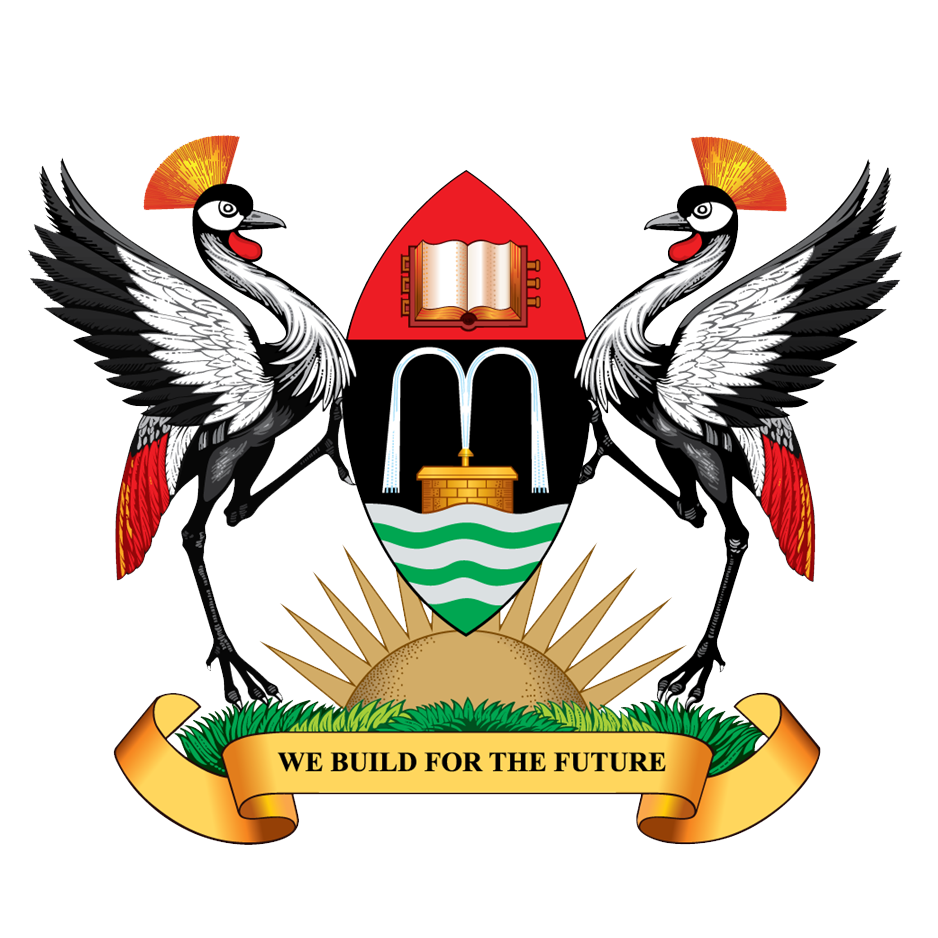pr.cns@mak.ac.ug

Dr. Samuel Ojelel, PhD
Short Biography
I am a Conservation Biologist with expertise in botany, plant ecology and gastronomic ethnobiology. I teach courses such as basic ecology, natural resources ecology, landscape approach to wildlife habitat management, conservation social science, environmental education and advocacy, protected area systems and management, environment social impact assessment and audit, rangeland ecology and management; and natural resource conflict analysis and management. I am passionate about biodiversity conservation and to this end, I conduct research in plant ecology and neglected and underutilized edible plants, undertake conservation projects especially threatened species. I also conduct IUCN Red listing (conservation assessments) of plant species and occasionally serve as a consultant plant ecologist (botanist) to assess impact and recommend mitigation measures to guarantee no net loss of plant biodiversity arising from developmental activities.
Education Background
1. 2016-2022: PhD, Makerere University, Kampala, Uganda. Thesis title: Ethnobotany, nutritional value of wild edible plants and floristic diversity in selected central forest reserves of north eastern Uganda.
2. 2011-2015: Master of Science in Botany (Natural Resource Ecology and Conservation) CGPA: 4.48. Makerere University, Kampala, Uganda
3. 2005-2008: BSc. Conservation Biology, CGPA: 4.55. Makerere University, Kampala, Uganda
Publications
1. O’Sullivan, F., Richards, S. L., Kalema, J., Ojelel, S., & Darbyshire, I. (2025). The Useful Plants of Uganda: Conserving Socio-economically Valuable Plant Species Using Important Plant Areas (IPAs). Economic Botany, 1-20.
2. Ojelel, S., Katuura, E., Mucunguzi, P., & Kalema, J. (2024). Comparative analysis of floristic richness and diversity in six central forest reserves of north eastern Uganda. Research Square, DOI: https://doi.org/10.21203/rs.3.rs-4556975 /v1
3. Richards, S. L., Kalema, J., Ojelel, S., Williams, J., & Darbyshire, I. (2024). Improving the application of Important Plant Areas to conserve threatened habitats: a case study of Uganda. bioRxiv, 2024-01.
4. Tugume, P., Mustafa, A. S., Walusansa, A., Ojelel, S., Nyachwo, E. B., Muhumuza, E., … & Ssenku, J. E. (2024). Unravelling taboos and cultural beliefs associated with hidden hunger among pregnant and breast-feeding women in Buyende district Eastern Uganda. Journal of Ethnobiology and Ethnomedicine, 20(1), 46.
5. Echiru, K. & Ojelel, S. (2023). Community-Based Restoration of Agroforestry Parklands in Kapelebyong District, North Eastern Uganda: In Nishi, M., & Subramanian, S. M. Ecosystem Restoration through Managing Socio-Ecological Production Landscapes and Seascapes (SEPLS). United Nations University, Tokyo Japan, https://link.springer.com/chapter/10.1007/978-981-99-1292-6_5
6. Ojelel, S. (2022). Ethnobotany, nutritional value of wild edible plants and floristic diversity in selected central forest reserves of North Eastern Uganda. PhD thesis, Makerere University, Kampala Uganda
7. Ojelel, S. Mucunguzi, P. & Kalema, J. (2022). Population size, sex ratio and their implications on conservation status of Encephalartos macrostrobilus (Scott Jones and Jeff Wynants) in Uganda. Encephalartos, No. 139.
8. Echiru, K. & Ojelel, S. (2021). Utilization and population structure of tree species in the agroforestry parklands of Kapelebyong district, north eastern Uganda. Research Journal of Agriculture and Forestry Sciences. Vol. 9(3), 1-8.
9. Tugume, P., Anywar. G., Ojelel, S. & Kakudidi E K (2020). Tamarind (Tamarindus indica L.): A review of its use as a spice, culinary herb and medicinal applications. In: Atta-ur-Rahman, Chouldhary MI & Yousuf S (eds). Science of Spices and culinary herbs. Vol. 2. Bentham Science Publishers Pte Ltd, Singapore.
10. Ojelel, S., Mucunguzi, P., Kalema, J., Kakudidi, E. K., Namaganda, M., & Katuura, E. (2020). Nutritional value of selected wild edible plants in Teso-Karamoja Region, Uganda. African Journal of Food, Agriculture, Nutrition and Development, 20(4), 16112-16125.
11. Ojelel S, Kalema J, Katuura E, Kakudidi EK, Namaganda M and Mucunguzi P (2019). Direct use values and nutritional potential of selected wild edible plants from Teso-Karamoja region, Uganda In: UNU-IAS and IGES (eds.) Understanding the multiple values associated with sustainable use in socio-ecological production landscapes and seascapes (Satoyama Initiative Thematic Review vol. 5), United Nations University Institute for the Advanced Study of Sustainability, Tokyo, DOI: 10.13140/RG.2.2.11723.34087
12. Ojelel, S., Mucunguzi, P., Katuura, E., Kakudidi, E.K., Namaganda, M. & Kalema, J. (2019). Wild edible plants used by communities in and around selected forest reserves of Teso-Karamoja region, Uganda. Journal of Ethnobiology and Ethnomedicine, 115:3.
13. Ojelel, S. & Anywar, D. (2017). Status of Encephalartos macrostrobilus (Scott Jones & J. Wynants) in Agoro Agu Central forest reserve, Uganda. Encephalartos journal No. 127.
14. Ojelel, S., Otiti, T. & Mugisha, S. (2015). Fuel Value Indices of selected woodfuel species used in Masindi and Nebbi districts, Uganda. Energy, sustainability and society, 5:14.
15. Ojelel S. & Kakudidi, E. K. (2015). Wild edible plants utilized by a subsistence farming community in Obalanga sub-county, Amuria district. Journal of Ethnobiology and Ethnomedicine, 11:7
Projects /Grants
Unlocking the importance of neglected and underutilized edible plants (NUFPs) in alleviating malnutrition in Karamoja, Uganda
Mentorship / Supervision
Four (4) graduate students


